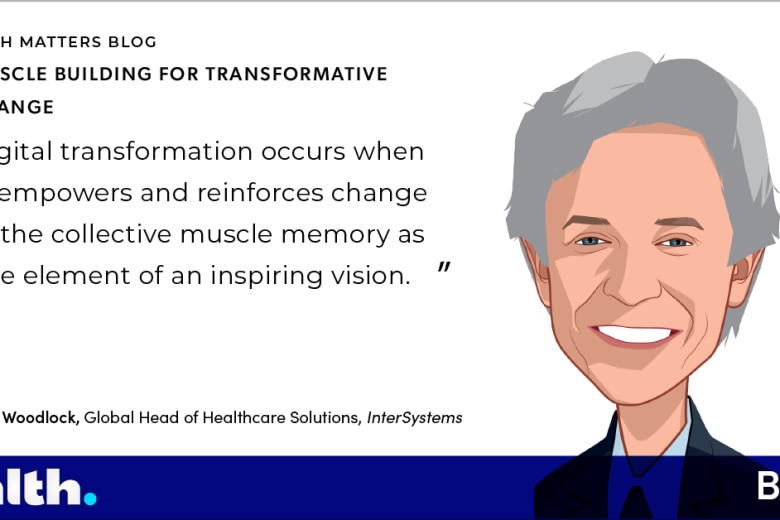Healthcare data exchange is due for a major change. And no, this one doesn’t stem from COVID-19.
For some time now, health IT teams from across the industry have been busy preparing for the ONC and CMS interoperability rules to go into effect, which is set for early 2021. The regulations will require payers to provide patients with reliable access to provider directories, control over their health data, and the ability to transfer that information to new payers.
But is simply meeting the mandate enough?
Not if you ask Michael Della Villa, the chief information officer and head of shared services for MVP Health Care, a New York-based health plan that serves 700,000 members. On this episode of Healthy Data, a podcast series by InterSystems, we speak with Michael, who describes the steps his organization has taken to build a data strategy that both satisfies the interoperability rules and cements new benefits for members. The goal is simple enough: empower patients to make the right decisions, receive high-quality care, and achieve the best outcomes.
Here are some important takeaways from our discussion.
- Data is the lifeblood of any organization, whether you’re in healthcare, finance, or manufacturing.
- While all healthcare stakeholders must meet their obligations set forth in the new interoperability rules, payers that exceed expectations surrounding clinical data will position their stakeholders to reap bigger benefits.
- When a new challenge arises, there’s no sense in doing things the same way you always have.
Clinical data is critical to MVP Health Care’s approach to interoperability. The organization believes its efforts stand to enhance quality reporting, provider network engagement, risk adjustment, and more. And by creating a 360-degree view of each member, MVP Health Care plans to help them optimize their decision-making.
Because as healthcare data sharing evolves, doing just enough to get by is no longer enough.
So, join us and Michael on today’s episode of Healthy Data to learn how you can not only satisfy the mandate, but also ensure better care for your members when they need it most.
About the Hosts / Authors

Jack Murtha is a digital storyteller who specializes in the intersection of healthcare and technology. Connect with Jack on Twitter.

Amid relentless hype, Tom Castles is drawn to those who take relentless action. For more than a decade, he has made a living helping action-oriented people and institutions craft their stories and build strategies that position them to earn the attention they deserve—all in the name of progress toward a more equitable world. Want to catch up? Connect with Tom on Twitter.




































